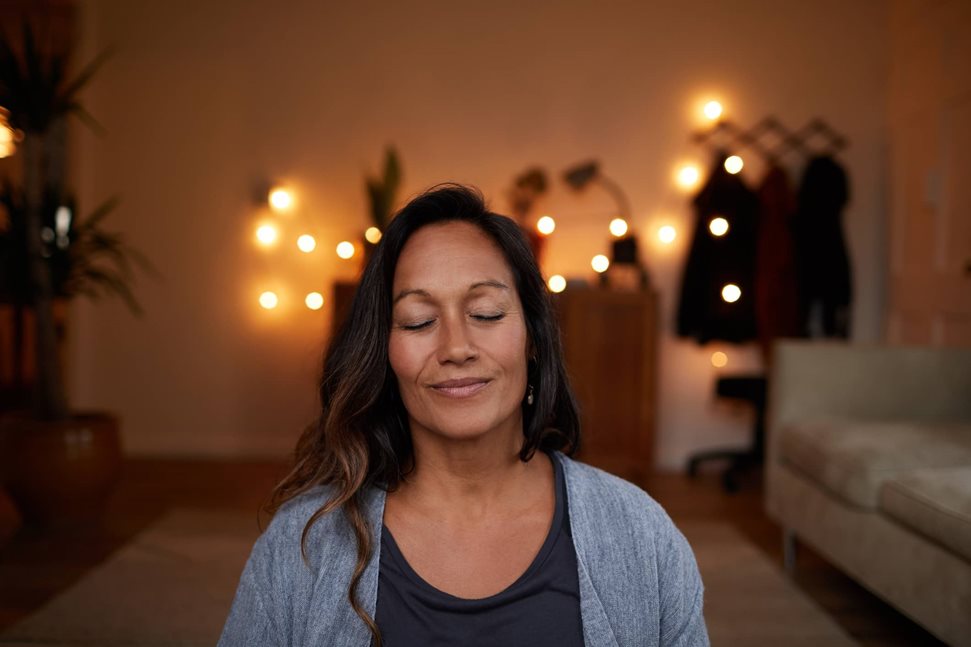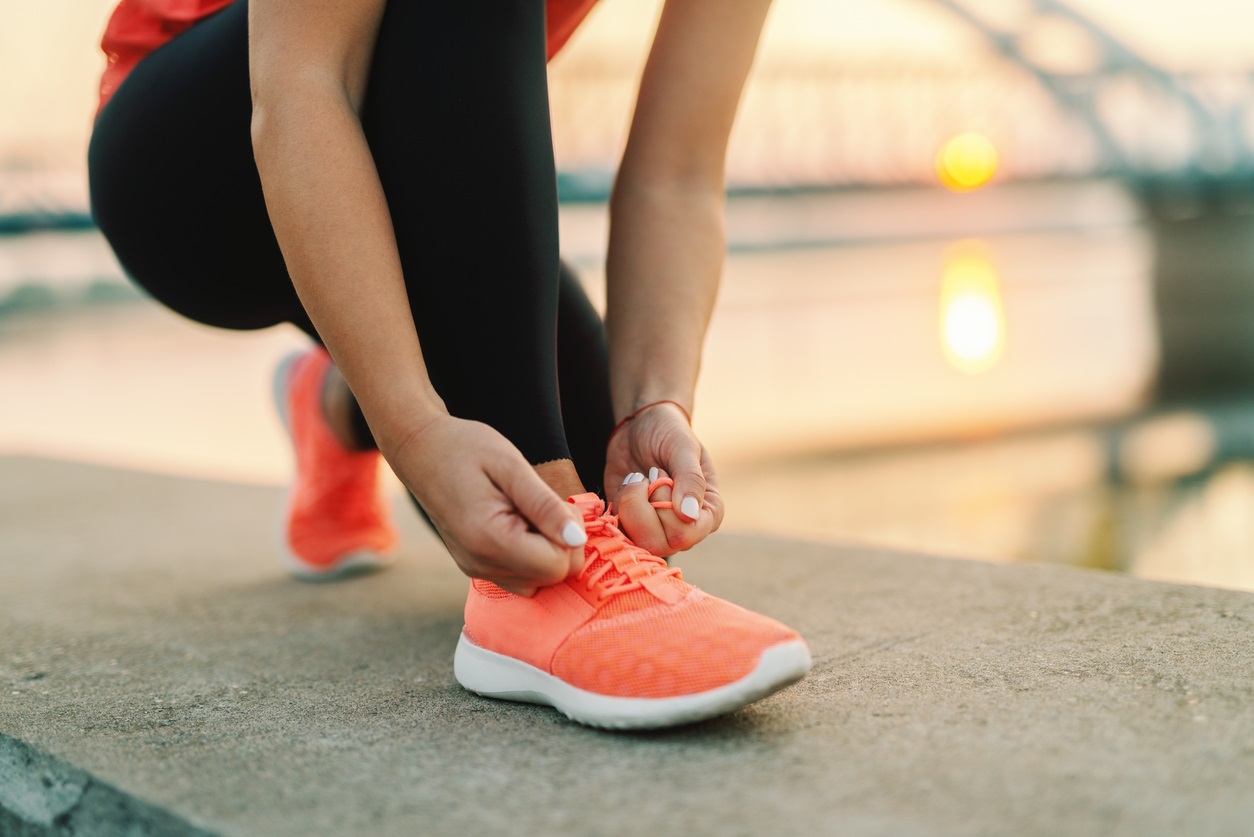Dealing with Menopause

Menopause coach Wellness Warrior, AKA Catherine O’Keeffe wants women to feel empowered to talk about their experiences and feel comfortable reaching out for support.
Common Symptoms
Menopause is a natural biological process that occurs when a woman’s body stops menstruating, usually in her late 40s or early 50s (though age range can vary widely). Most people associate menopause with the ‘hot flush’, but as Catherine explains, this is just the tip of the iceberg. “The biggest struggles women have are with anxiety, confidence and self-esteem", she explains. ‘Brain fog’ is another typical symptom, which can lead to difficulties at work. "A woman might have a task to do, but she misses a step or forgets a piece of information. The knock-on effect on confidence is massive. She may not bounce back as quickly as a younger employee."
Dealing with Lockdown
Having spoken to many menopausal Irish women in the past year, Catherine says Covid has had varying impacts. Some are enjoying working from home, as they have more control over their immediate environment and can, say, open a window if they experience a hot flush. Others are finding the pressure of video calls quite overwhelming, especially if they’re feeling self-conscious and not sleeping well. Either way, Catherine says employers should allow for a period of re-adjustment when life eventually returns to ‘normal’. "Those with social anxiety will find it challenging to come back into the workplace. For them, it will need to be a gradual process.”
Lifestyle Factors

Those experiencing menopausal symptoms shouldn’t suffer in silence. GPs are taking phone consultations and will be happy to discuss medical interventions like HRT. In the meantime, Catherine says it’s crucial to consider your lifestyle. A healthy diet and sleep routine are key factors for mental health. She also urges women to regularly exercise and maintain social connections. But even a brisk walk around your neighbourhood followed by a phone call with a friend will help keep feelings of isolation and anxiety at bay. Catherine also advises supplementation. “Vitamin D is a prohormone”, she explains. “It’s linked to anxiety levels, and essential for immunity and bone health. Vitamin B12 has a direct impact on the nervous system, so it will impact anxiety too.” Speak to your doctor about the best supplementation programme for you.
Where to Turn for Support
Catherine posts regular content on her Facebook and Instagram pages, including Q&A sessions with medical and holistic experts. “I provide unbiased information”, she says, “so that women can make an informed decision”. Dr Brenda Moran from the Danu Menopause & PMS Clinic in Cork also shares regular content on both hormonal and non-hormonal menopause treatments.